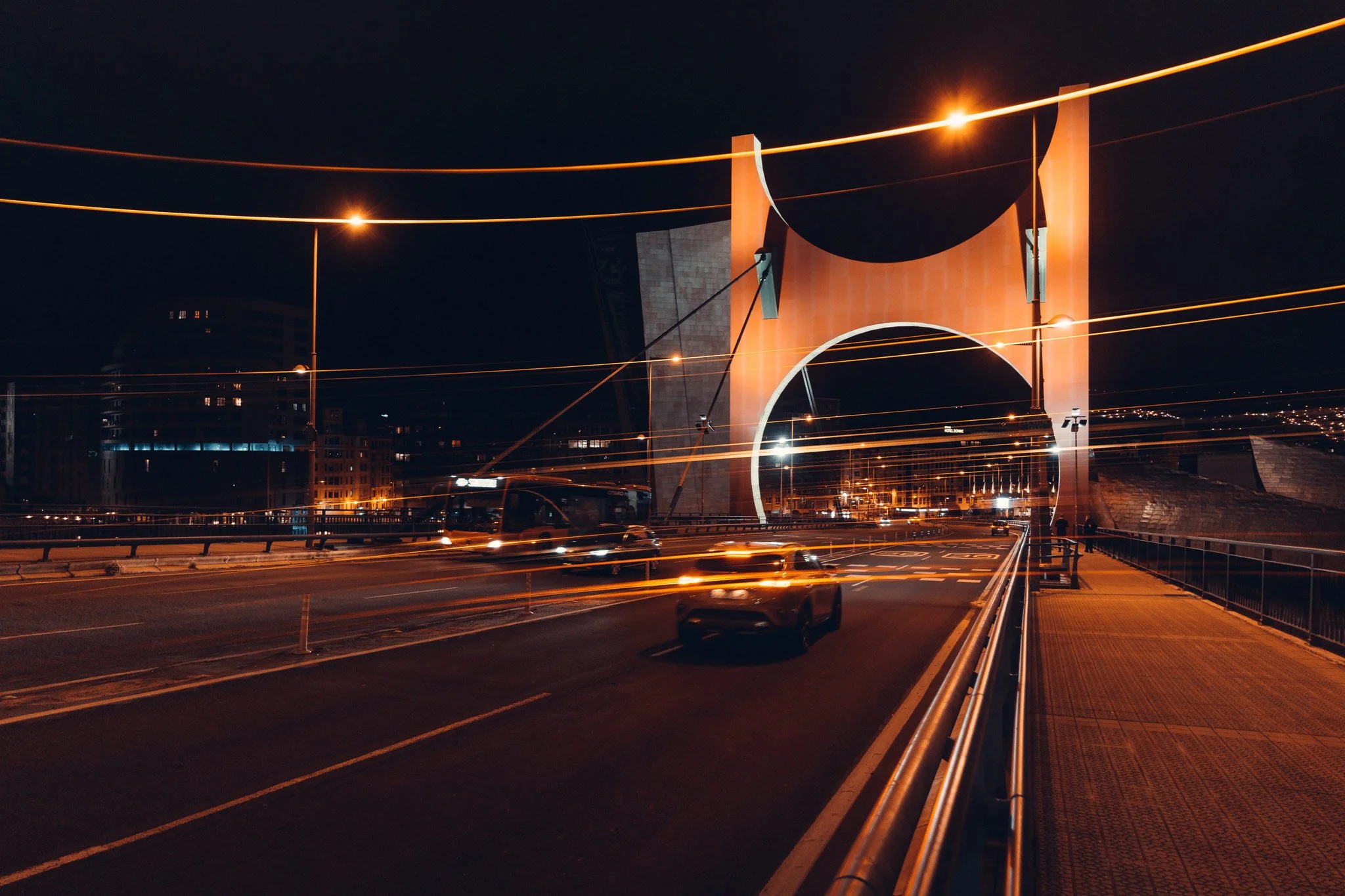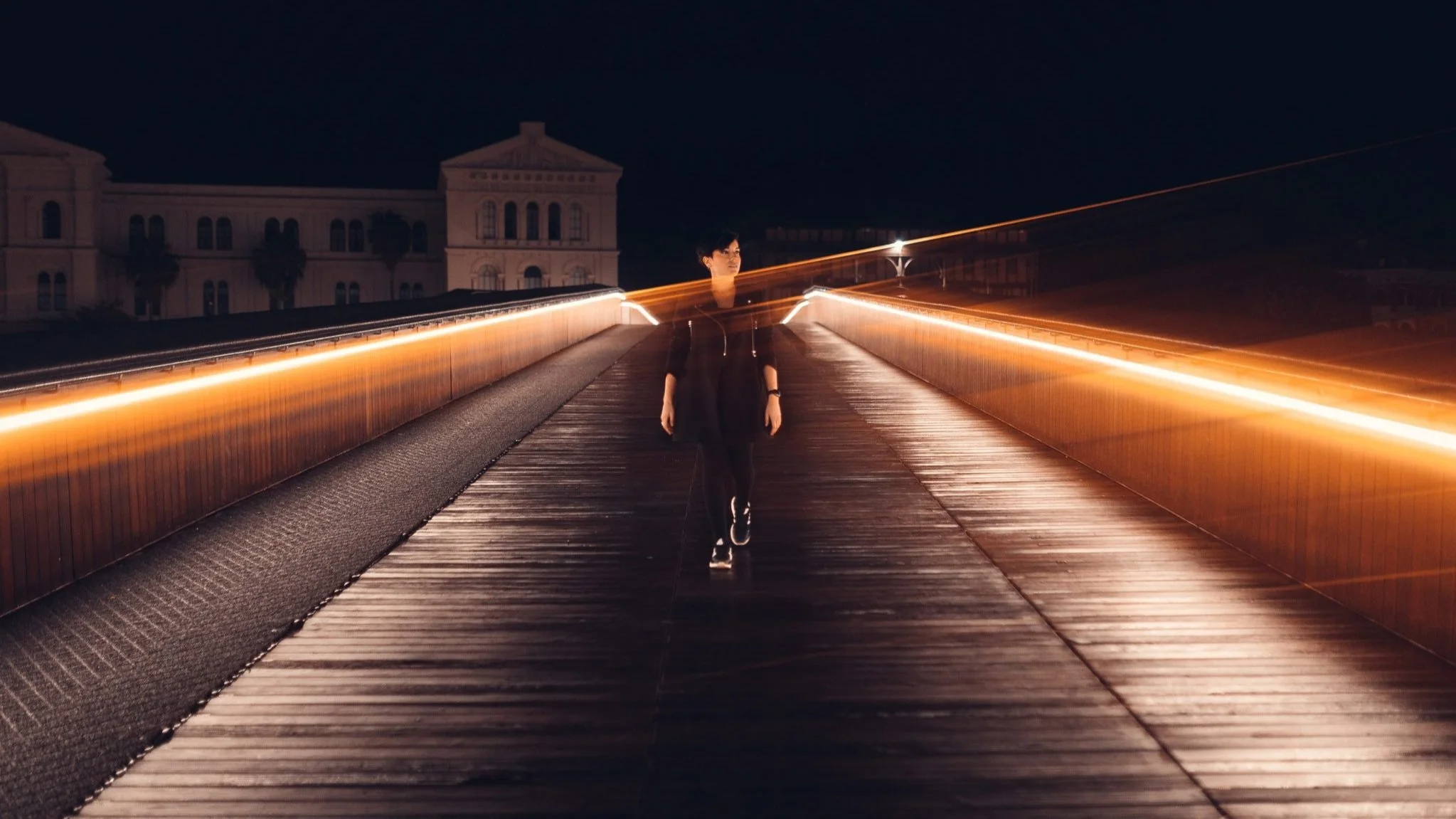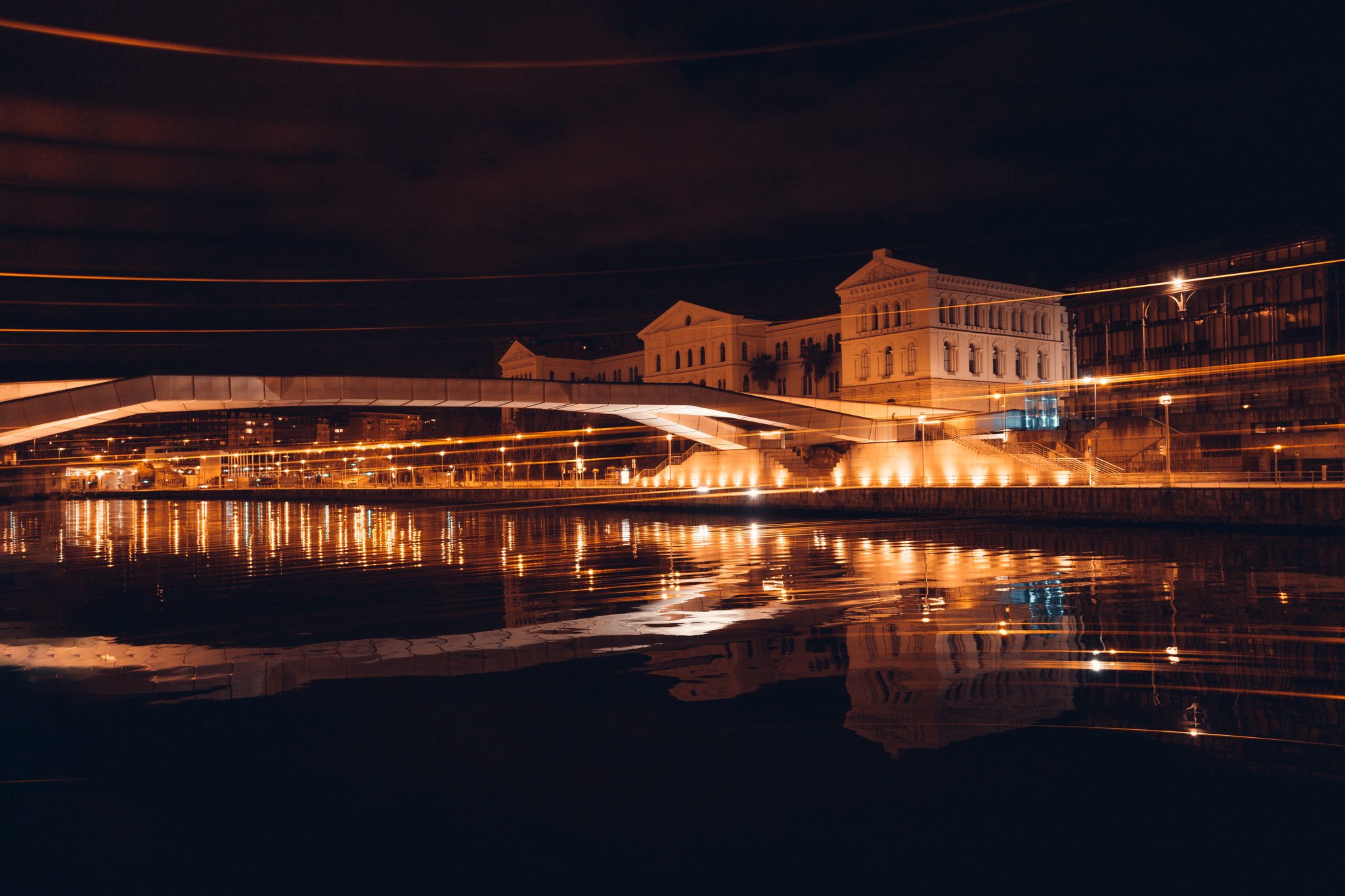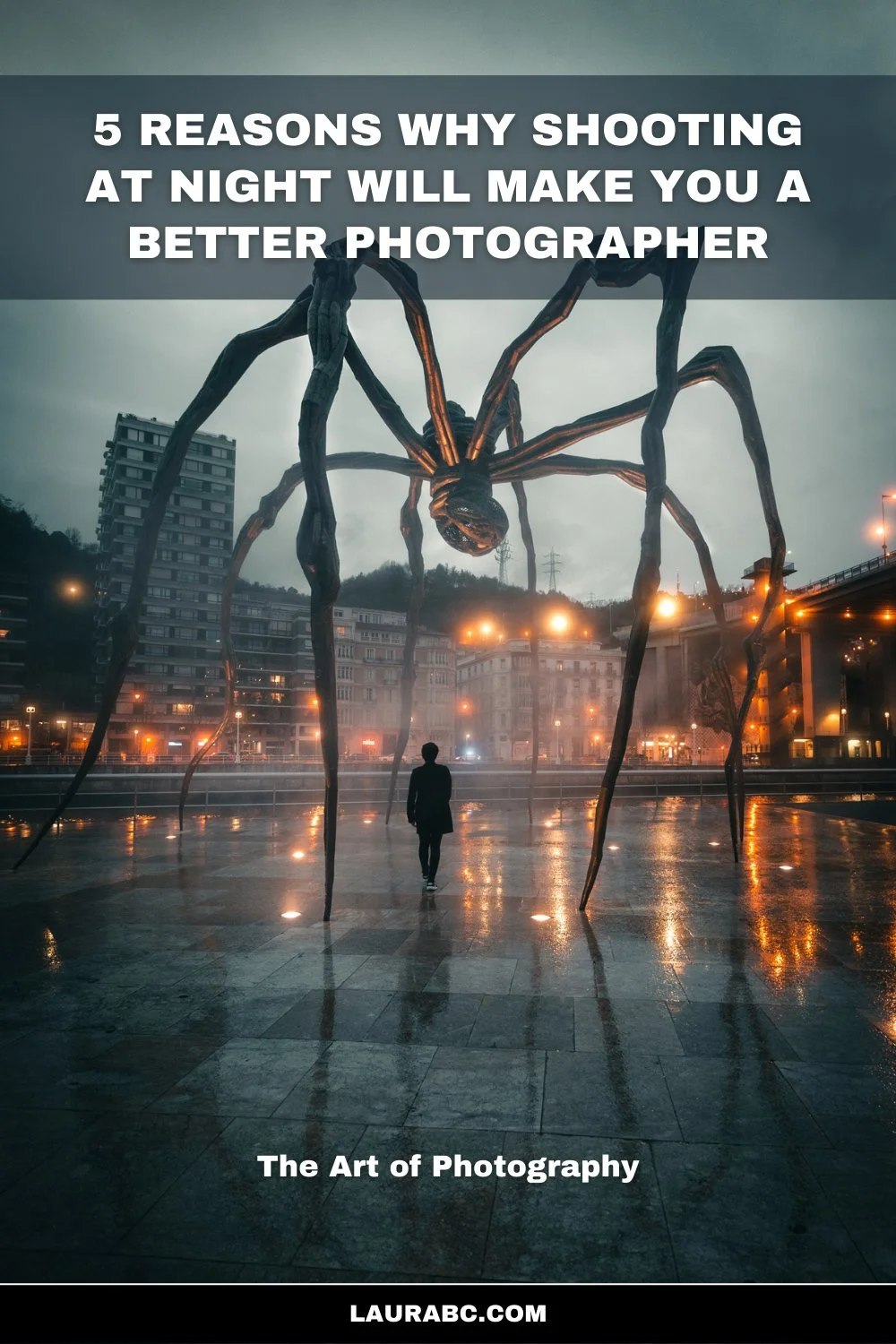5 Reasons Why Shooting at Night Will Make You a Better Photographer
Night photography is an excellent way to improve your skills as a photographer. While it can be challenging, the rewards of capturing stunning images in low light are well worth the effort.
I always mention on my YouTube channel, the importance of becoming a versatile photographer. Not just to learn more and become a better photographer but also, to be able to work for different clients, even if they are not in your particular niche. If you want to become a full-time freelance photographer, shooting within different niches will help you achieve it.
This being said, here are some reasons why night photography can make you a better photographer:
1. Understanding of Light
When you shoot at night, you'll quickly realize that light is everything in photography. You'll learn how to use and control light to create stunning and creative images. You'll learn how to use artificial light sources such as street lamps, car lights, and light trails to add interest and drama to your images. You'll also learn how to use long exposure to create stunning images with minimal light sources.
Mastering all these skills will improve your capabilities to adapt to any light situation with any other projects you may have in mind. Basically, it will give you incredibly valuable knowledge.
You can get even more creative by using filters to play with the many highlights city landscapes can offer. You can watch a video about the filters I used for this photoshoot HERE.
2. Technical Skills
Night photography requires a solid understanding of camera settings such as shutter speed, aperture, and ISO. You'll learn how to adjust your settings to achieve the perfect exposure, and how to balance the exposure between the bright and dark areas of your image. You'll also learn how to use a tripod and remote shutter release to avoid camera shake and capture sharp images.
If you’re a beginner, this may sound incredibly challenging. But if you start practicing and experimenting from the very beginning, you’ll improve MASSIVELY and way quicker. Remember that it’s through trial and error how we learn most. And fortunately enough, in the digital era, we can shoot as many photos as we want in order to experiment. We don’t need to pay for every photo as we do when we shoot in film.
- GEAR I USED FOR THIS PHOTOSHOOT -
Main Camera: For the main photo of this article (Guggenheim Museum in Bilbao, Spain) and the self-portrait below.
Wide Lens: For the main photo of this article.
35mm Lens: For the self-portrait below.
Second Camera: For the rest of the photos.
Wide Lens (the one I use for vlogging too): For the rest of the photos.
3. Creativity
Night photography offers endless opportunities for creativity. You can experiment with light painting, where you use a light source to "paint" light into the scene while the shutter is open. You can also experiment with different perspectives and angles, such as shooting from a high vantage point or capturing reflections in the water.
In this self-portrait below, you can clearly see the leading lines of the bridge. I located myself in the middle of the frame and walked towards the camera for the lights to draw attention to the subject (me).
Here, I used a streak gold filter. The effect of this filter is to draw thin lines in some of the highlights as you can see in the middle of the photo.
4. Patience
Night photography requires patience and persistence. You may need to wait for the perfect moment to capture your shot, such as waiting for a car to pass by or for the light to change. You'll also need to be patient during post-processing, as editing night images can be time-consuming. But during this process, you’ll be learning way more about editing.
Patience is something all beginners struggle with, me included when I started. We want to improve and we get frustrated when we don’t. We don’t know how to edit and we get frustrated when it takes too long and we don’t like how the photo is turning out and so on…
You will need a lot of patience because it takes time to become better and to develop your skills. I’ve been shooting for over 14 years and I keep improving every single day. There are always new things to learn in the creative industry but if you love what you do, you will enjoy the process.
5. Unique Images
Finally, night photography offers a unique perspective on the world around us. The darkness can transform familiar scenes into something magical and otherworldly. By mastering night photography, you'll be able to capture images that stand out from the crowd and showcase your unique vision as a photographer.
I love experimenting with shadows and creating mystery with them. You can see this in the self-portrait below. I used a wide lens because I wanted the whole sculpture to appear in the picture. However, I tried to capture myself walking towards the camera and you could barely see my face. So I decided to embrace the low light and walk in the opposite direction instead. It looks way better because you can clearly see my silhouette walking away from the camera, creating even more mystery.
I also added a glow mist filter to create some diffusion in the highlights. I personally love doing this with night photography!
In conclusion
Night photography can be challenging, but it offers numerous benefits for photographers. It will help you understand light, improve your technical skills, foster creativity, develop patience, and create unique images.
A good photographer is one who is able to adapt to different photography niches and thrive in every light situation. So, grab your camera and tripod and head out into the night to explore the exciting world of night photography!
If you want to learn more about the filters I’ve used for this photoshoot, you can check the video below:
- YOU MAY ALSO LIKE THESE POSTS:
How to Get Started with Stock Photography and Make Money from Your Photos!
The Most Affordable Home Photography Studio
4 Photoshop tools you MUST know as a Portrait Photographer
Subscribe to my Youtube channel for weekly videos about Photography, the Creative Industry, and Vlogs! See you there!
CHECK OUT MY TRAVEL AND EDITORIAL COLLECTION LIGHTROOM PRESETS TO EDIT IN JUST ONE CLICK!
PIN THIS ARTICLE ON PINTEREST ↓↓










